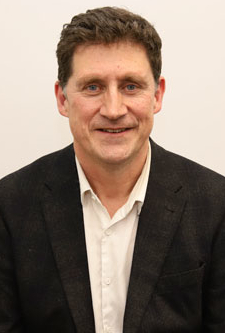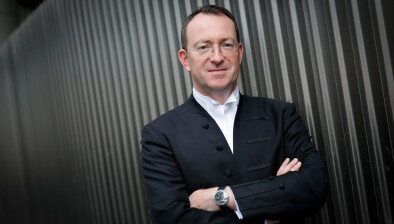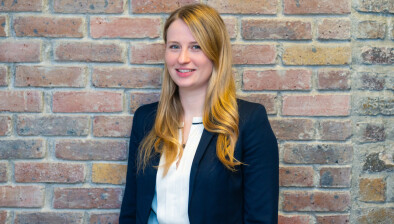‘Circular economy’ plans to be put on statutory footing

Eamon Ryan
The Irish government’s ambition to create a “circular economy” where waste is minimised will become a statutory requirement under landmark legislation announced today.
The Circular Economy Bill will define the term “circular economy” for the first time in Irish domestic law as “an economic model and the policies and practices which give effect to that model in which:
- goods, products and materials are kept in use for as long as possible thereby reducing the consumption of raw materials and impacts harmful to the environment,
- the maximum economic value is extracted from those goods, products and materials by the persons using them, and
- the goods, products and materials concerned are recovered and regenerated at the end of their useful life.”
The bill will explicitly provide for local authorities to use “GDPR-compliant technologies” such as CCTV to detect and prevent unsightly and illegal dumping and littering, among other measures.
It also provides for the phasing-out of disposable coffee cups with the aim of making Ireland the first country in the world to completely eliminate their use.
The bill builds on the government’s 2020 waste action plan for a circular economy and its 2021 whole of government circular economy strategy, which will now be placed on a statutory footing.
It also “effectively calls time on coal exploration” by ending the issuing of new licences for the exploration and mining of coal, lignite and oil shale.
Environment minister Eamon Ryan said: “The publication of this Bill is a landmark moment in this government’s commitment to making the circular economy a reality in Ireland.
“Through a mix of economic incentives and smarter regulation we can achieve far more sustainable patterns of production and consumption that move us away from the patterns of single-use and throw-away materials and goods that are such a wasteful part of our economic model now.
“We have to re-think the way we interact with the goods and materials we use every day, if we are to reach net-zero greenhouse gas emissions, because 45 per cent of those emissions come from producing those goods and materials.”









